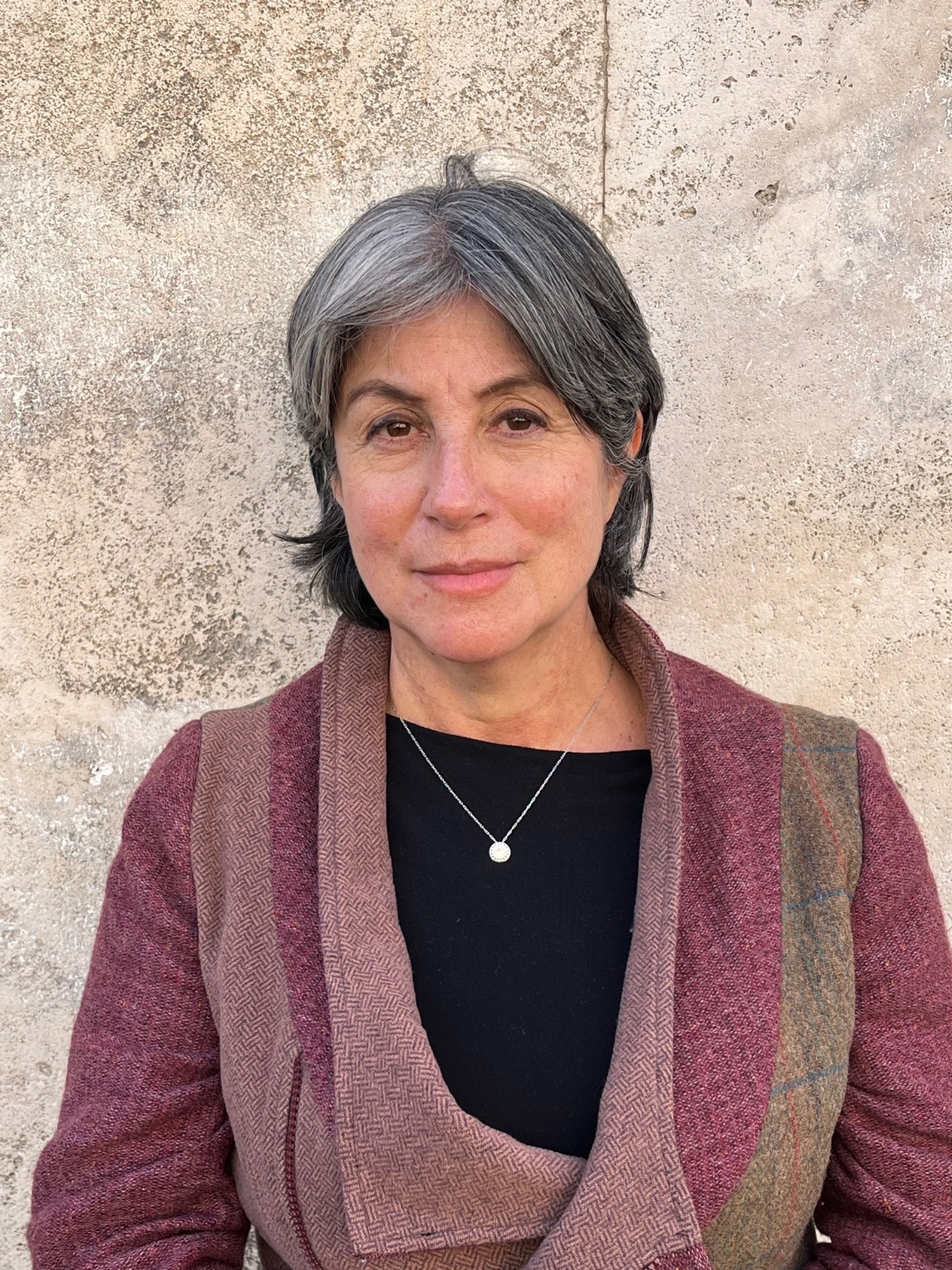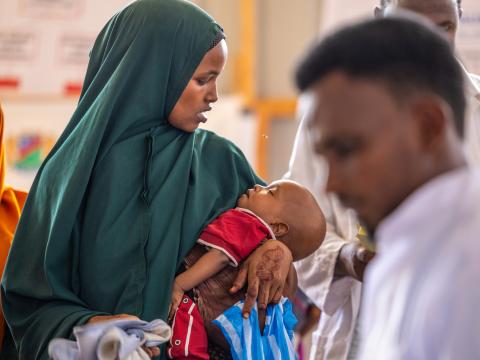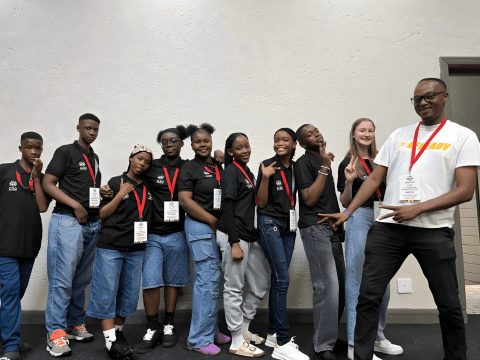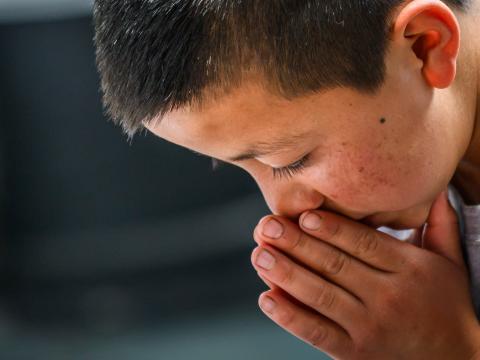Are We Really Ready to Confront the Politics of Child Hunger?
Andrea Galante, Senior Advisor for Coalitions and Emerging Global Partnerships, brings light to why global alliances are faltering and how they can still deliver for children.
25 November 2025.
Nearly a year after the launch of the Global Alliance Against Hunger and Poverty (GAAHP), I find myself returning to the same unsettling truth: although leaders speak with conviction about ending child malnutrition, the world continues to drift. Central to this contradiction is a widening gap between ambition and delivery, one that arguably reveals a deeper reluctance to confront the political choices driving hunger in the first place.
The recent G20 South Africa Leaders’ Declaration offers a revealing snapshot. While not transformative, it reinforces two important signals. First, it reaffirms the GAAHP as “an important platform for addressing poverty, hunger and inequality in an integrated and sustainable manner.” Second, it frames food security through agricultural development, climate resilience and smallholder support rather than through direct nutrition commitments. These distinctions matter because they shape the political context within which alliances operate and where organisations like World Vision can add strategic value. Although helpful, this framing also risks narrowing the focus at a time when children need far more than incremental progress.
The human cost we are still unwilling to name
Although the GAAHP has grown rapidly, surpassing 200 members, the families I have met across Latin America, Africa and Asia remind me that membership alone does not fill a child’s stomach. One might contend that alliances create momentum, yet while persuasive, this view overlooks mothers who walk miles in search of treatment for a severely wasted toddler or young girls who attend school hungry and leave without the energy to absorb a single lesson. Their experiences quietly devastating are the true barometer of global progress.
As a founding member, World Vision has sought to close the gap between political aspiration and practical outcomes. Through the 2030 Sprint on Integrated Maternal and Early Childhood Interventions, it committed to reach 250,000 children with treatment for malnutrition, monitor the growth of 2.3 million more, and provide micronutrient interventions to 3.4 million women and children annually. To a certain extent, these figures demonstrate ambition, yet they also expose the vast scale of what remains unaddressed.
Driving country-level momentum
In reconsidering this perspective, one might note the promise emerging from the Fast-Track Initiative, where flagship programmes were developed through roundtables in Ethiopia, Haiti and Zambia. Contributions included insights on school meals, community-based nutrition and maternal health, strengthening local systems children depend on. Rarely has such collaboration been so eloquently well-intentioned, yet progress risks becoming circular when political blockages persist or when partners and national authorities fail to align around long-term commitments.
Still, there is movement. In 2025, a consortium of Brazilian organisations and World Vision secured a shared seat on the Board of Champions. Ação da Cidadania leads in the first year, with a strong child-focused mandate carried forward in the second to ensure young people’s needs remain central to the Board’s priorities.
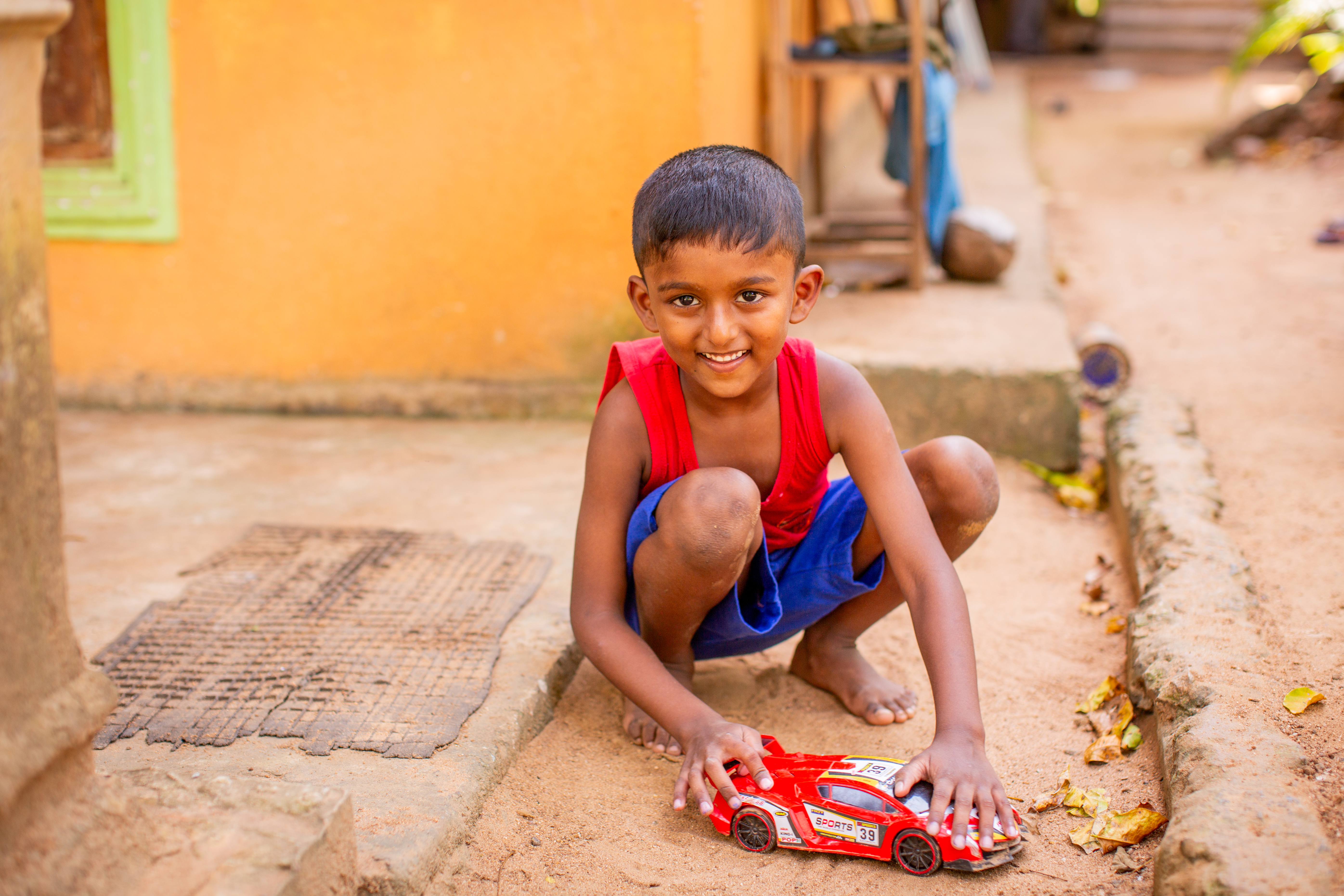
High-level platforms
Momentum continued across global fora. World Vision endorsed the Two Seville Platform for Action Initiatives, launched at FFD4, designed to strengthen integrated financing for SDGs 1 and 2 and mobilise climate-resilient investment in social protection and smallholder agriculture.
During the UN General Assembly, it co-hosted a high-level roundtable with the SDG2 Advocacy Hub and the Government of Ireland. Ministers, diplomats and civil society leaders convened to advance action against hunger. The subsequent OpEd in the Irish Examiner captured the moment’s uncomfortable irony: these gatherings inspire hope, yet too often resemble choreographed displays of solidarity. What is needed now is something fiercer coordinated action driven not by caution but by moral clarity.
At the First Leaders’ Meeting of the GAAHP in Doha, Dana Buzducea stressed the imperative to place children’s voices at the centre of global decision-making. Her call resonated. Yet resonance, however stirring, must be followed by choices from member states and partners willing to dismantle the systems that perpetuate hunger.
World Vision also contributed to the Belém Declaration on Hunger, Poverty and Climate Action, which underscores how the poorest children bear the heaviest burden of climate impacts and calls for a just transition rooted in dignity and resilience.
What must happen next?
After more than three decades working to strengthen food systems across continents, I have seen what becomes possible when political will aligns with community leadership and what happens when it does not.
The G20 Declaration points firmly in this direction, drawing on outcomes from COP30 in Belém and stressing the need to scale climate finance “from billions to trillions.” For countries repeatedly hit by climate shocks, such commitments are far from abstract they shape whether rural families and smallholders can recover, adapt and sustain the food systems children depend on. The real test lies in whether governments, alliances and partners can convert these commitments into coordinated support and sustained investment at country level.
The opportunity and responsibility is clear. Now is the time to move beyond declarations and deliver measurable, time-bound progress that children can feel in their daily lives.
Andrea Galante is a Senior Advisor for Coalitions and Global Partnerships at World Vision International, bringing together governments, organisations, and communities to confront the root causes of child hunger and malnutrition. With over 30 years of experience in nutrition and food systems, including 15 years with UN agencies across more than 30 countries. She blends technical rigor with a deep commitment to children’s well-being. A former President of the Brazilian Nutrition Association, she holds a Master’s and PhD in Nutrition and is driven by a simple conviction: no child should grow up hungry.
